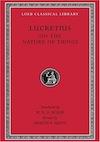Lucretius' poem On the Nature of Things combines a scientific and philosophical treatise with some of the greatest poetry ever written.
Recommended Reading
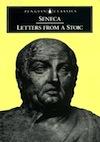 Letters From a Stoic
Letters From a Stoic A philosophy that saw self-possession as the key to an existence lived 'in accordance with nature', Stoicism called for the restraint of animal instincts and the severing of emotional ties. These beliefs were formulated by the Athenian followers of Zeno in the fourth century BC, but it was in Seneca (c. 4 BC - AD 65) that the Stoics found their most eloquent advocate.
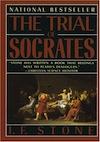 The Trial of Socrates
The Trial of SocratesSince his retirement in 1971, former muckraker Stone has turned classicist. He is especially fascinated by Socrates's trial because it represents a "black mark" for the free and democratic Athens that he admires.
 The Last Days
The Last DaysThe Last Days of Socrates, written by legendary author Plato, is widely considered to be one of the greatest classic texts of all time. This great classic will surely attract a whole new generation of readers. For many, The Last Days of Socrates is required reading for various courses and curriculums.
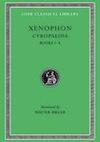 Cyropaedia
CyropaediaWritten in the early fourth century BCE by a gentleman and soldier from Athens, "Cyropaedia" is an account of Cyrus the Great that escapes a simple genre placement. It is a sort of historical, political, biographical, fictional romance, encapsulating the sweeping type of narrative characteristic of Xenophon's works.
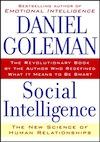 Social Intelligence
Social IntelligenceIn this companion volume to his bestseller, Emotional Intelligence, Goleman persuasively argues for a new social model of intelligence drawn from the emerging field of social neuroscience. Describing what happens to our brains when we connect with others, Goleman demonstrates how relationships have the power to mold not only human experience but also human biology.
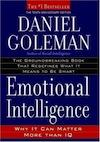 Emotional Intelligence
Emotional Intelligence New York Times science writer Goleman argues that our emotions play a much greater role in thought, decision making and individual success than is commonly acknowledged. He defines "emotional intelligence" a trait not measured by IQ tests as a set of skills, including control of one's impulses, self-motivation, empathy and social competence in interpersonal relationships.
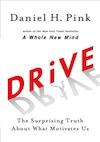 Drive
DriveDaniel Pink's new book follows well in the tradition of "A Whole New Mind," as he picks up on a new trend and explains it well. This time it's the apparent paradox of motivation - why do some people like Google pay their staff to regularly work on projects of their own choosing when they could be working hard on what they were hired to do?
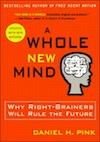 A Whole New Mind
A Whole New MindWith visionary flare, Pink argues that business and everyday life will soon be dominated by right-brain thinkers. He identifies the roots and implications of transitioning from a society dominated by left-brain thinkers into something entirely different—although at times, he seems to be exhorting rather than observing the trend.
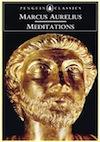 Meditations
MeditationsMarcus Aurelius believed that human happiness arises in part from man's acceptance of his duties and responsibilities. He believed that one should accept calmly what cannot be avoided and perform one's duties as well as possible.


